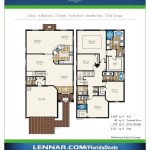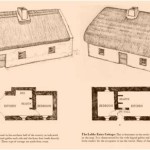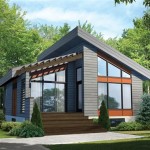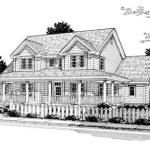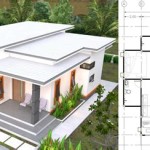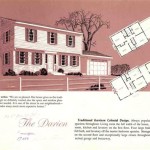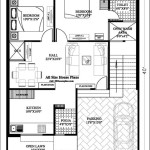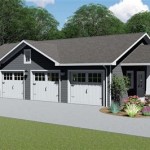Essential Aspects of Underground House Plans Designs
An underground house is a dwelling built partially or entirely underground. They are often constructed for protection from extreme weather, privacy, and energy efficiency. Designing an underground house requires careful consideration of several essential aspects to ensure safety, comfort, and functionality.
Site Selection and Geology
Selecting a suitable site for an underground house is crucial. The soil conditions should be stable and well-drained, with adequate bearing capacity to support the structure. Avoid areas with high water tables, unstable slopes, or potential for seismic activity. A geotechnical engineer can assess the site and provide recommendations.
Structural Design
The structural design of an underground house must provide stability against earth loads and resist water infiltration. Reinforced concrete or steel are commonly used for the walls, roof, and foundation. The structure should be designed to withstand the hydrostatic pressure exerted by the surrounding soil and prevent collapse or flooding.
Ventilation and Air Quality
Adequate ventilation is essential for maintaining good air quality and preventing moisture buildup underground. Mechanical ventilation systems are typically installed, utilizing fans and ducts to circulate fresh air throughout the house. Proper insulation and vapor barriers help control condensation and ensure a comfortable indoor environment.
Lighting
Underground houses can experience limited natural light, so artificial lighting is essential. Skylights or light tubes can be incorporated into the design to bring in some natural daylight. Artificial lighting should be carefully planned to provide adequate illumination while minimizing energy consumption.
Water Management
Managing water around an underground house is critical to prevent flooding and structural damage. Proper drainage systems, such as gutters and downspouts, divert rainwater away from the house. Additionally, waterproofing membranes and sealants are used to protect the structure from moisture penetration.
Energy Efficiency
Underground houses can be exceptionally energy-efficient due to the natural insulation provided by the surrounding earth. Earth-sheltered walls and roofs minimize heat loss in winter and heat gain in summer. Geothermal heating and cooling systems can further enhance energy efficiency by utilizing the stable underground temperatures.
Entrance and Access
The entrance to an underground house is a critical design element. Sloped tunnels or ramps leading underground should be wide enough for vehicle access and meet safety regulations. Emergency exits must also be provided to ensure safe evacuation in case of an emergency.
Conclusion
Designing an underground house requires careful consideration of various aspects, including site selection, structural design, ventilation, lighting, water management, energy efficiency, and entrance and access. By addressing these essential factors, architects and homeowners can create safe, comfortable, and sustainable underground dwellings that offer unique living experiences and protection from the elements.

Lovely Underground Home Plans 4 House Homes Earth Sheltered

Earth Sheltered Home Plans House Floor And Design

Earth Sheltered Home Plans House Floor And Design

Scottish Architect Underground House Plans Homes Home Design

26 Luxury Hiline Home Plans Underground Homes Earth Sheltered House

Earth Sheltered Plans And Bermed Homes

Underground Home Plans And Designs Natural Security Shelters

Underground House Free Design 3d Floor Plans By Planner 5d

How To Build An Underground Home The Tiny Life

I Wish Underground Homes Earth Sheltered

